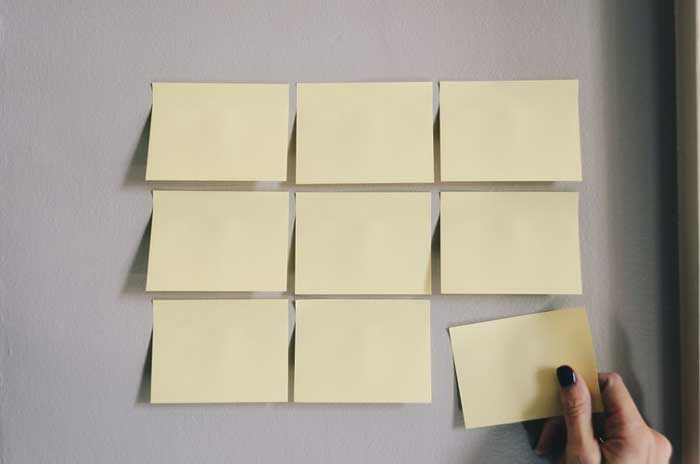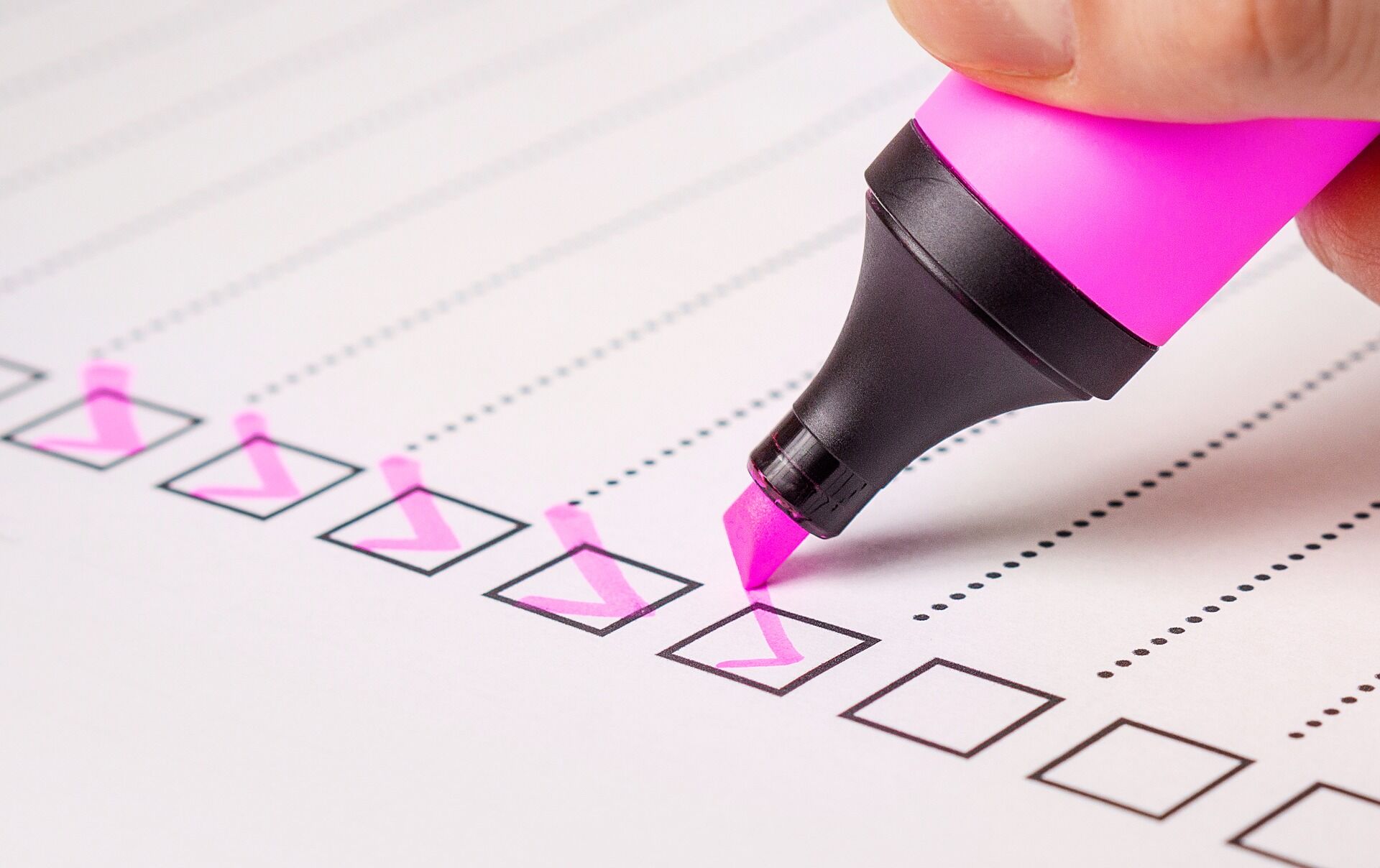Now and then you can hear multitasking hailed as an awesome way to accomplish a lot of tasks simultaneously. It does look great taken at ist face value, but if we look closer we find out that the brain doesn’t agree with it, feeling stretched out too thin. There are studies that reveal that multitasking can bring the brain’s productivity down to almost 60%.

Why exactly can multitasking be so disastrous for the functioning of the brain? While you are going about all your multiple tasks, what you really do is shift your concentration from task to task. This kind of quick switching makes the mind open to distractions which lead to significant slowing down and possible mental blocks.
How the brain works as you are multitracking
People are perfectly able to perform two tasks simultaneously, if one task is so habitual that you can do it mechanically. It doesn’t present any difficulty for many people to talk on the phone and sip their coffee or walk and ponder upon a current problem, we do it every day. But concentrating on two activities is impossible.
Having received two tasks, the brain begins to shuttle from one task to the other. If the tasks send out such a lot of information that it cannot process all of it, precedence takes the part of the brain known as pLPFC, or the posterior lateral prefrontal cortex. It deals with new incoming stimuli. Again, pLPFC is unable to tackle the stimuli in all their volumes – they are lined up. But if they offer too much information, only the first two bits are presented for consideration, while the rest remains unattended.
Multitasking brings down your mental efficiency dramatically
If you ask people what reason there is behind multitasking, you are certain to hear that it helps to boost productivity and get things done more quickly. Although, if you get down to it, multitasking leads to just the opposite. Studies showed that productivity decrease caused by multitasking puts the economy of the United States back by $650 billion every year.
It is proven beyond any doubt that multitasking is hampering – when you move from one activity to another, you need time to let the relevant information sink in.
Jumping from task to task impairs mental activity
Several tasks that require moving to and fro eat up your cognitive energy – consequently the attention span gets shorter, memory gets impaired and learning abilities weaken. As you break away from one task in order to concentrate on another you lose the contents of your short-term memory that doesn’t keep information for long. Then, multitasking may take as many as 15 points off your IQ while you are busy at it.

Multitasking doesn’t allow you to assess your abilities realistically
Compared to alcohol, which, if taken in large quantities, produces a false sensation of becoming more amuzing and attractive than you really are, multitasking hast he same effect on your opinion about your abilities. Those who do a lot of multitasking usually consider themselves to be excellent at it, but examination shows they display very poor results.
People who habitually multitask turned out to be less able to arrange their thoughts, distinguish between important and unimportant information, switch from task to task. Since their memory is not so retentive, they tend to make mistakes.
Multitasking isn’t always innocuous
There are quite a few multitaskers who take pride in talking on the phone or writing texts while they are crossing a street or move along the aisles in a supermarket. They run a risk, and they also can cause damage to those around them.
Phones are reported to be a cause of more than 1.5 million yearly road accidents. Texting can be blamed for a quarter of all car accidents. Drivers who text or receive calls at the wheel are even worse than drivers under influence, for they are more likely to get involved in a car crash by six times. Multitasking on the go is fraught with danger, too.
Multitasking makes you anxious and aggravates stress
Obviously, we don’t need any research to know that those who try to accomplish several tasks at once practically invite stress. It takes about half an hour of switching from task to task to increase stress and frustration dramatically.
Yet there are studies to prove it scientifically. A study by the University of California experts devoted to interruptions at work revealed that numerous interruptions, whether caused by multitasking or not, are very bad for productivity, although people can work faster.

Examinations of the brain show that regular multitaskers possess less of the gray matter – and that means they are more prone to bouts of anxiety and depression. Also, they can’t very well master their impulses.
What’s more, the harms of multitasking are not restricted by work. They can include leisure, so if you try to watch a movie and play a video game at the same time, you can get anxious and stressed.
Multitasking is linked with early aging
The habit of multitasking, working on a cellular level, conduces to early aging of the brain. All types of stress affect end structures of the chromosomes as well as the length of telomeres.
The length of telomeres is an important indicator of brain aging and can increase the risk of developing Alzheimer’s, cancer, heart disease, practically all age-related diseases. If your telomeres are shorter, it might mean new cells are not generated fast enough, and brain is more susceptible to atrophy.
Multitasking better be avoided
If multitasking attracts you, think twice. It isn’t that it just keeps you working slow and cuts down on the quality of your performance – there is the danger of damaging the brain, while the abilities of concentration, arranging information and detail analysis will be waning.
When displayed on social occasions, for instance, at meetings, multitasking impairs self-awareness as well as social awareness, thereby decreasing emotional intelligence (EQ) and endangering career success. Continuous multitasking will seriously diminish the EQ activity.

The habit of multitasking is insidious both short-term and long-term, derailing your possibilities of excellent performance at work and in life.
What to do to fight multitasking
Don’t wait until the negative impact of multitasking will become obvious. As you get around to accomplishing your current affairs, limit your attention to only two tasks at once.
Introduce the rule of 20 minutes. As you keep working and accomplishing tasks, allot a 20-minute period when you will be doing just one thing without getting distracted on other things to do. Take care to focus on one assignment and turn your attention to something else only after some time elapsed.










